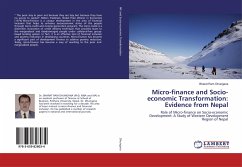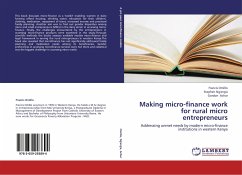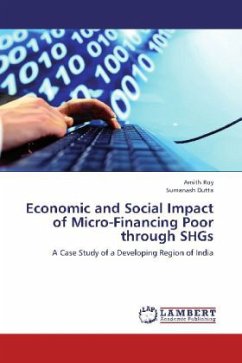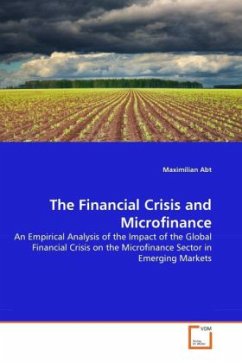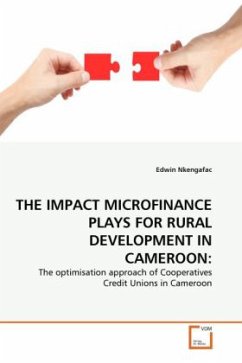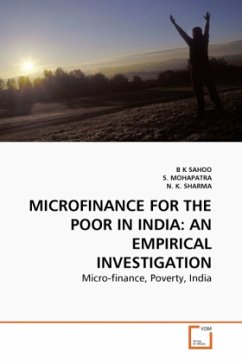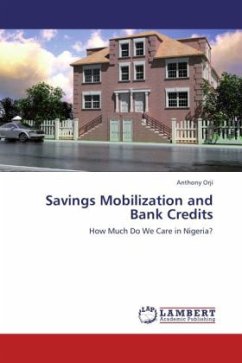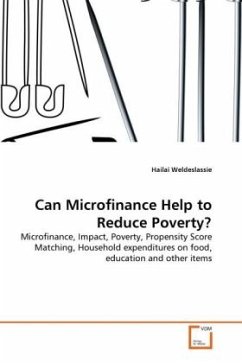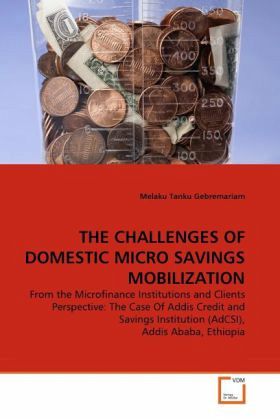
THE CHALLENGES OF DOMESTIC MICRO SAVINGS MOBILIZATION
From the Microfinance Institutions and Clients Perspective: The Case Of Addis Credit and Savings Institution (AdCSI), Addis Ababa, Ethiopia
Versandkostenfrei!
Versandfertig in 6-10 Tagen
32,99 €
inkl. MwSt.

PAYBACK Punkte
16 °P sammeln!
Microfinance is considered as a viable tool that enables the poor to work to get out of poverty.For the poor,it can expand opportunities for enhancing income, make capable in terms of human capital, empower the disadvantage and it has various positive outcomes. In Ethiopia like any other developing countries, microfinance has become one of the major strategies for poverty reduction.Despite MFIs accepting as a strategy, most of MFIs tend to focus on credit services on specific groups of people and there by forgotten their savings mobilization role. This book, therefore, examines the regulatory ...
Microfinance is considered as a viable tool that enables the poor to work to get out of poverty.For the poor,it can expand opportunities for enhancing income, make capable in terms of human capital, empower the disadvantage and it has various positive outcomes. In Ethiopia like any other developing countries, microfinance has become one of the major strategies for poverty reduction.Despite MFIs accepting as a strategy, most of MFIs tend to focus on credit services on specific groups of people and there by forgotten their savings mobilization role. This book, therefore, examines the regulatory framework within which Microfinance institutions operate, the challenges of domestic micro savings mobilization from the Clients and Microfinance institutions perspective. Based on the results of this book, therefore, policy implications are to be put forward which can help policy makers and experts working on the field. Moreover,the outcome of this book is supposed to lead the potential researchers in to the direction of the savings mobilization role of microfinance Institutions and consent MFIs to play their financial intermediation role so as to punch their poverty alleviation objective.



